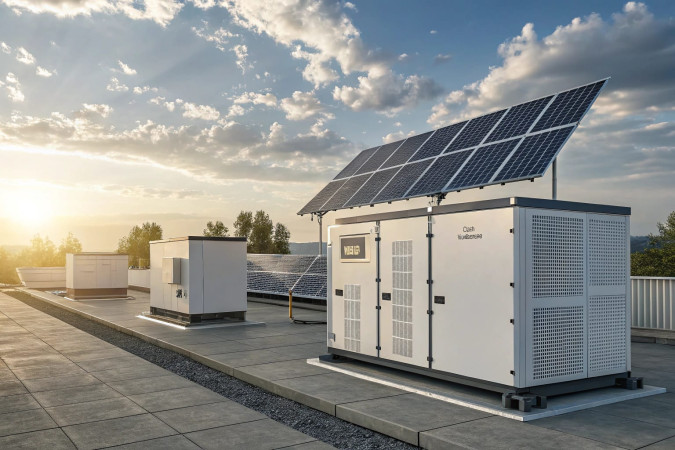
Follow India Renewable Energy News on WhatsApp for exclusive updates on clean energy news and insights
Bengaluru-Based Electric Vehicle (EV) Firm The Energy Company Secures Funding to Scale EV Battery Solutions and Energy Storage
Feb 13, 2025
Bengaluru-based electric vehicle (EV) battery solutions provider, The Energy Company, has raised Rs 20 lakh in a pre-Series A funding round. The investment was led by Siana Capital, Callapina Capital, Z21 Ventures, 1Crowd, Lets Venture, and other prominent investors.
The company had previously secured Rs 5,21,31,870 in a pre-seed funding round. The newly acquired funds will support the expansion of its battery intelligence platform, Flexi, which is designed to optimize battery lifespan and financing for commercial EV fleets. Additionally, the company plans to scale up FlexiPack for electric two-wheelers and e-rickshaws, while expanding into small and medium-sized energy storage systems.
The Energy Company specializes in developing fast-charging batteries that are compatible with public charging infrastructure and offer a lifespan of up to 2,500 cycles, with second-life usability.
India's EV sector has seen robust growth, with EV sales reaching Rs19.5 lakh units in 2024, marking a 27% year-over-year increase from 15 lakh 30 thousand units in 2023. EVs accounted for 3.6% of total automobile sales, as per data from the Ministry of Road Transport and Highways (Vahan Dashboard).
Battery costs have also seen significant reductions. According to BloombergNEF (BNEF), the average price of EV battery packs dropped to Rs8429.40/kWh in 2024, falling below the critical 8690.10/kWh threshold for the first time. While EVs have reached price parity with internal combustion vehicles in China, they remain more expensive in other markets. However, BNEF projects that broader price parity will be achieved as battery costs continue to decline.
A separate BNEF report highlighted a 14?cline in lithium-ion battery pack prices in 2023, reaching a record low of 12079.03/kWh, driven by decreasing raw material and component costs.